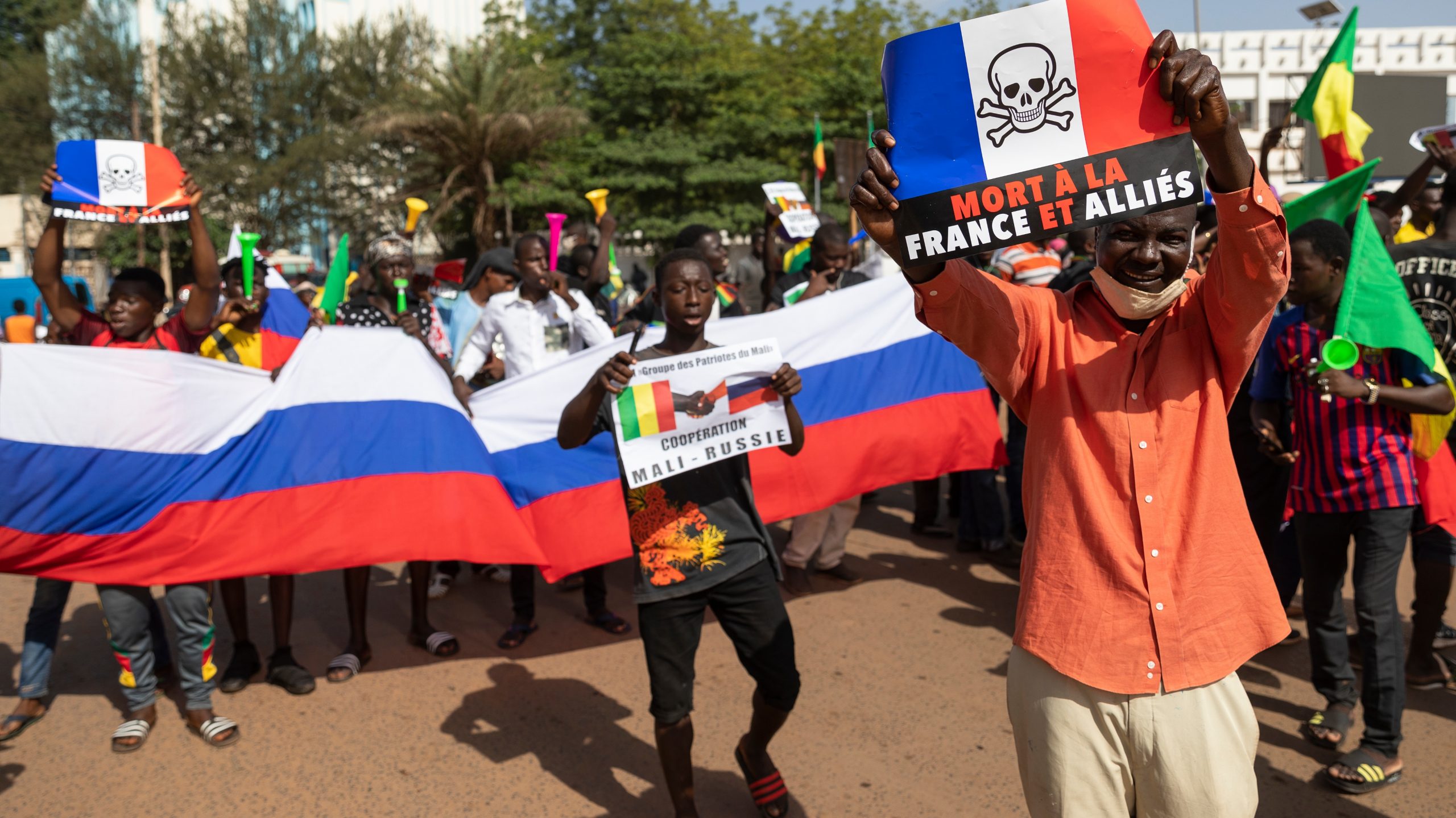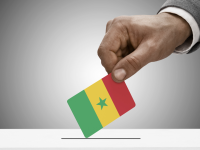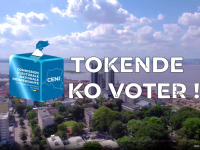A Day of High Anticipation Today marks a momentous occasion in Senegal as citizens gather…

Sahel, a continuous cauldron and Moscow’s longa manus could go anywhere
After the failed coup d’etat in Guinea Bissau, with President Umaro Sissoco Embalò struggling to maintain power, it is natural to ask which West African country will be next to fall into spiral of violence and political uncertainty. In Mali there have been two coups d’etat in less than a year, Guinea-Conakry and finally Burkina Faso all now in the hands of the military, the Sahel seems to have become even more unstable. The second coup d’etat in Mali actually not changed political situation because, if it is true that in the new government the President is Colonel Assimi Goita, he was already the strong man of the previous cabinet in Bamako. In Mali, Colonel Goïta publicly highlighted the ongoing decay of the regime to justify the overthrow of President Ibrahim Boubacar Keïta in power for seven years after a life spent in political opposition. In former french Guinea, Colonel Mamadi Doumbouya ousted Alpha Condé less than a year after the latter had been re-elected for a very contested third term and not international recognition, while in Ouagadougou, Lieutenant Colonel Paul-Henri Damiba he was able to rely on President Roch Marc Christian Kaboré’s “evident inability to power” in the fight against jihadist groups to explain his coup d’etat to his fellow citizens who welcomed his seizure of power with cheering street demonstrations. Burkina Faso and its military council have been suspended by the authorities of the Economic Community of West African States (ECOWAS), but a ministerial mission from these countries to Ouagadougou was happy that Colonel Damiba was “open” to dialogue. The organizations of ECOWAS and the African Union (AU) have asked to council for a “reasonable” timetable for the “return to constitutional order” and the release of President Kaboré, showing their willingness not to condemn the seizures of power with the force. Three key countries for West Africa which today are led by young military elites and which have close contacts with each other having shared military operations, but above all they see Russia as the new great partner, retiring the aging french colonial power. In Guinea, Russian companies have already got their hands on the flourishing mines of bauxite, a mineral used for the production of aluminum, while in Mali the target is the uranium reserves in the north of country. In Mali as well as in Burkina Faso, Russia uses its unofficial arm of the Wagner Group, mercenaries from special forces or military intelligence, to control the territory and support local governments, along the lines of what happened in the Central African Republic. All this while France is demobilizing the military operation Barkhane which in almost 10 years has not succeeded in eradicating jihadism in northern Mali and which Bamako now wants to oust as it has already done with the french ambassador. France is seeing its hold in what was once Francafrique crumble and is losing key pieces in continental dominos. The french withdrawal puts the UN forces of MINUSMA in difficulty, which have often acted together with soldiers of Paris and above all puts pressure on the Takuba mission, which also includes a contingent of nearly 300 Italian soldiers. The United Nations Multidimensional Integrated Stabilization Mission in Mali (Minusma), created in 2013, is one of the most important and most expensive UN peacekeeping missions in the world made up of nearly 15,000 soldiers and policemen with an annual budget of over 1 billion of Euro. France is trying to strengthen its hold on the region’s historical allies, especially Chad and Niger, but also the Ivory Coast. In all these countries Paris maintains at least one airbase and compliant governments, but the Sahel is a continuous cauldron and Moscow’s longa manus could reach anywhere.





